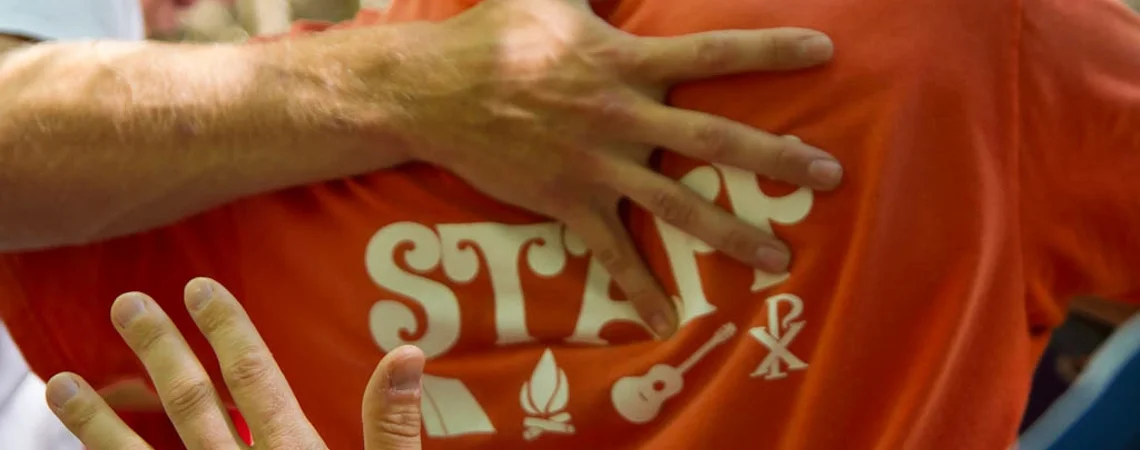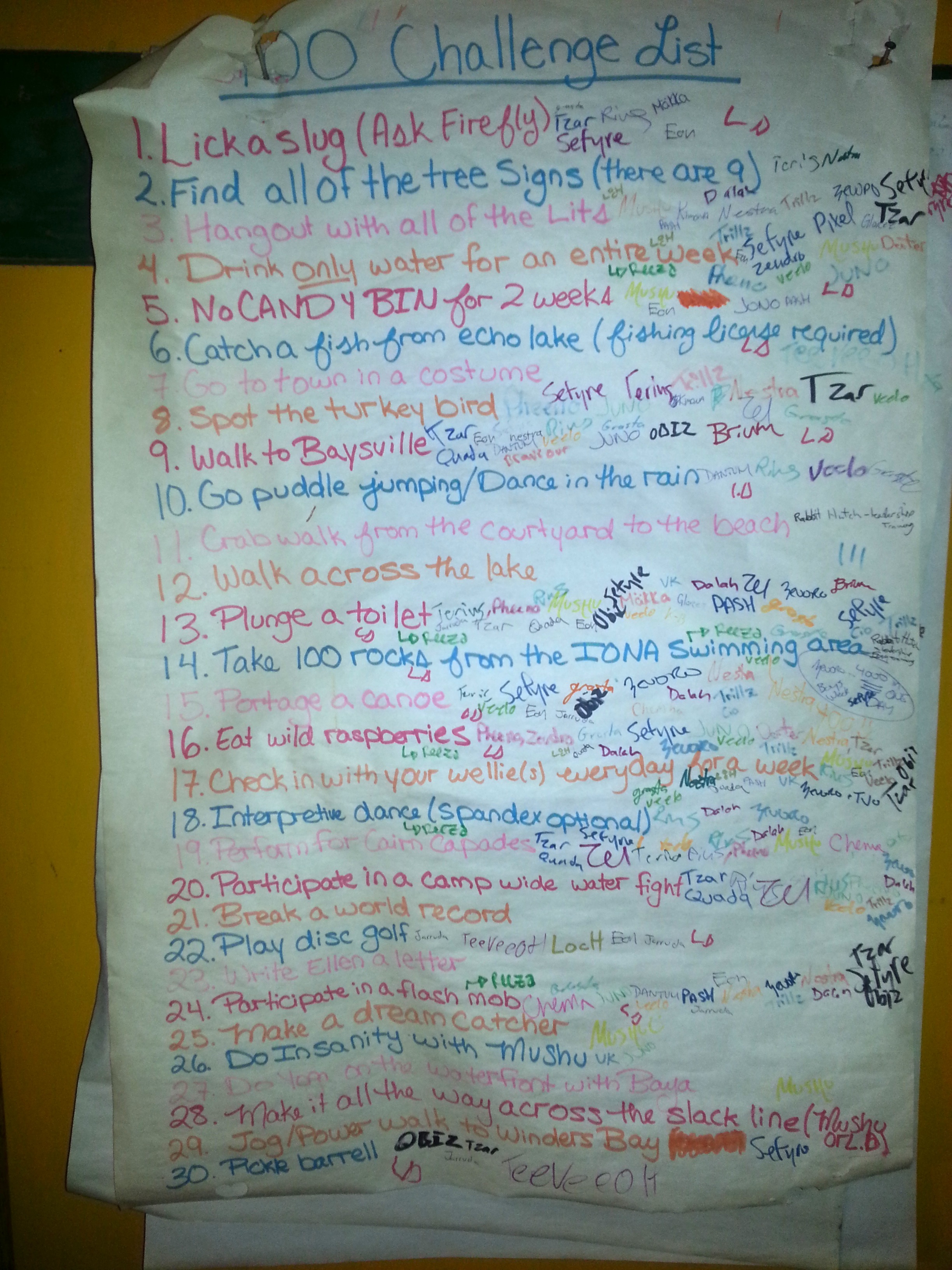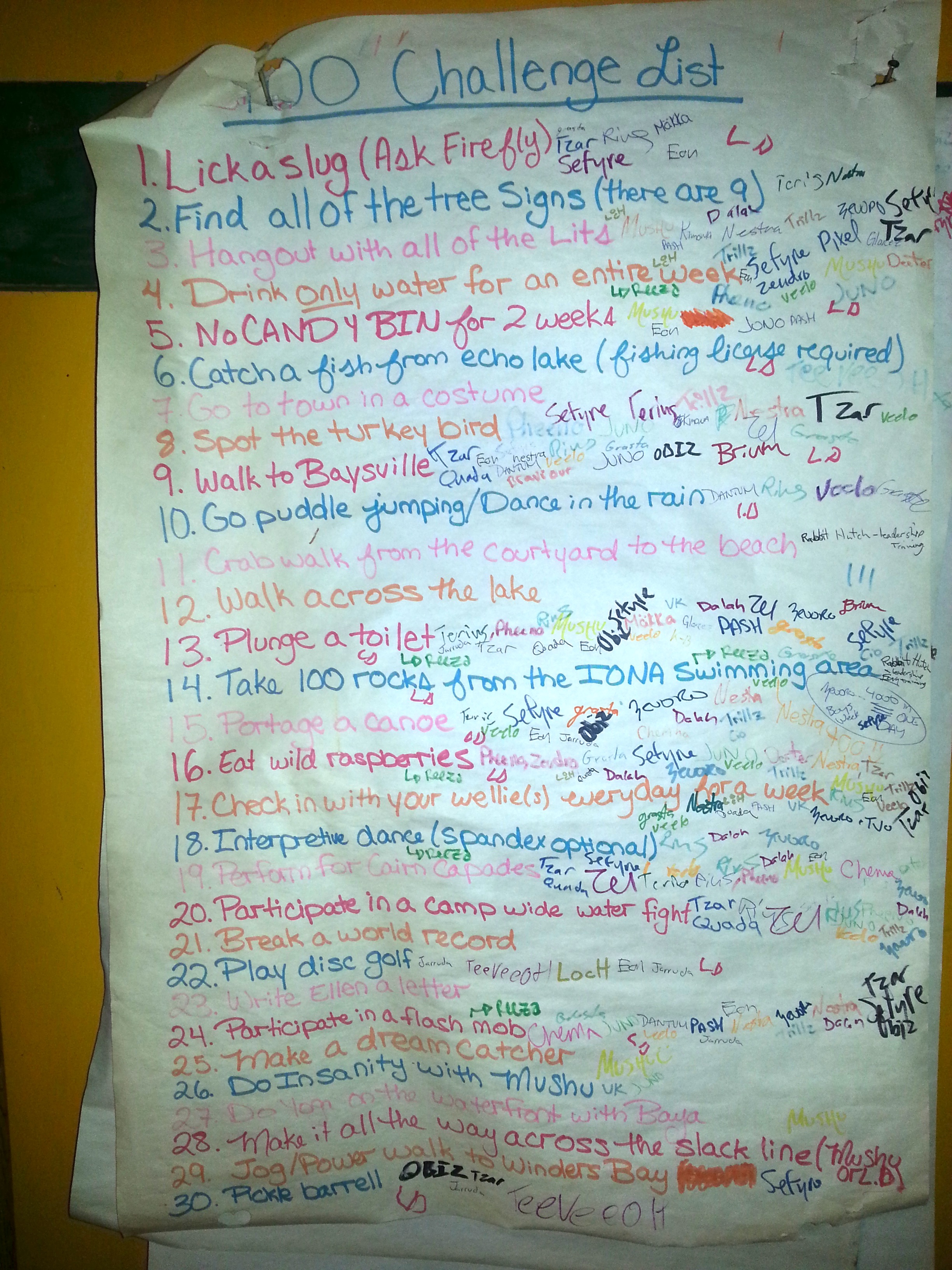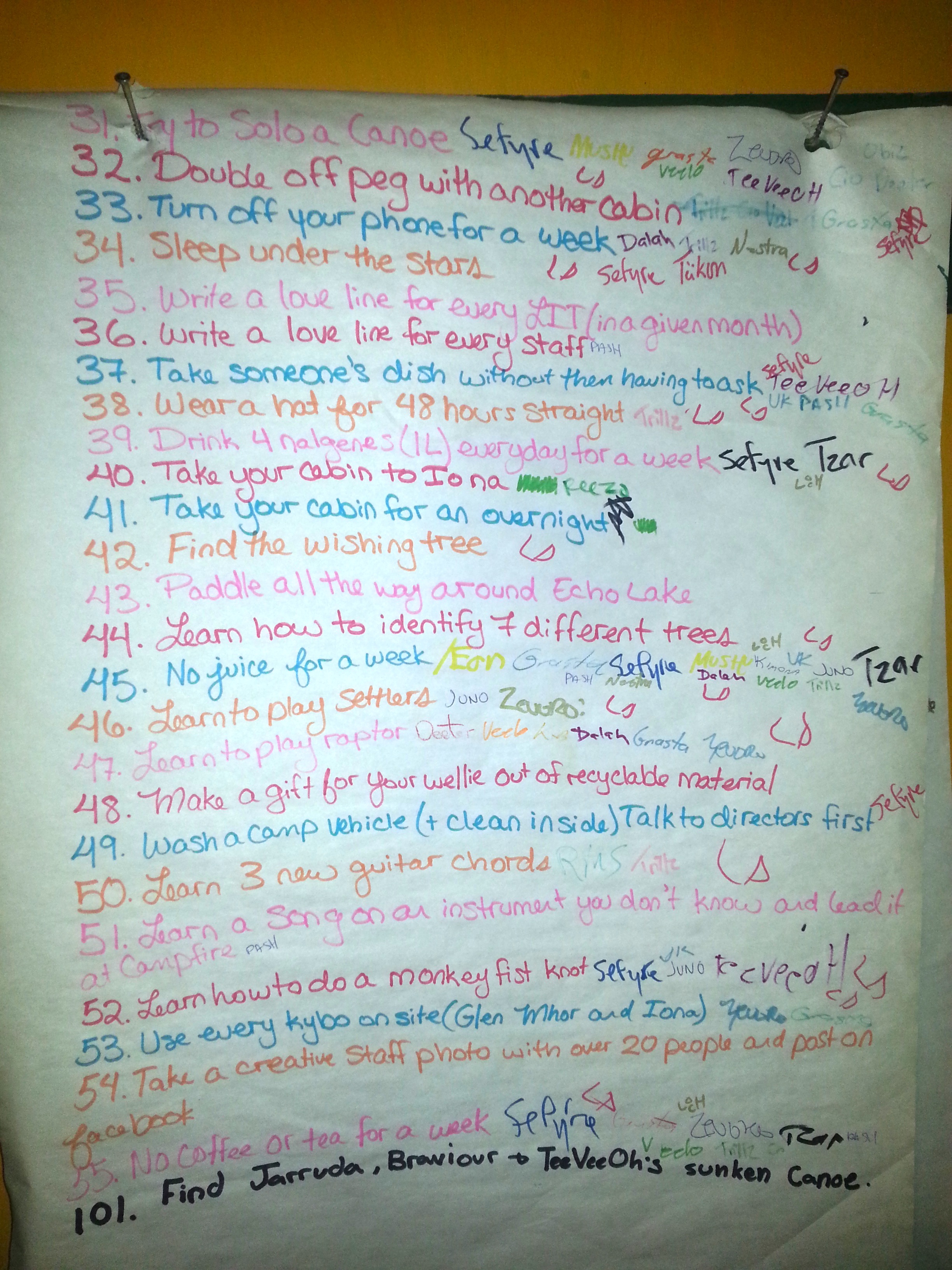This past week or so I’ve been in New York City seeing my older brother graduate from college. The ceremony I went to (which was actually a sort of unofficial send-off devoid of diploma-giving and hand-shaking) was four hours long. Four hours. And the worst part: they weren’t even an entertaining or enlightening four hours. They were boring for me, for my family, and even for my graduate brother. Near the end, there was a hooding of doctoral candidates—the ceremonial equivalent of tacking “Dr.” at the beginning of each of their names. But the whole thing felt contrived and out of place. Who were those candidates? And why should anyone care that someone is draping velvet over their shoulders?
It made me think about tradition—one of the major themes in my research about camps. More specifically, it made me think about the role of context in tradition and that the best traditions I’ve learned about at the camps I’ve visited require serious contextualization.
For instance, I visited a relatively new family Camp in Vermont called Ohana, itself a branch of Aloha Foundation Camps. Ohana structures its days very loosely, allowing parents and their kids to decide which activities they’d like to do. They cycle through sets of families weekly, and, as such, repeat their evening program each week. On the final night, they do a camp fire—a tradition that, to my knowledge, involves s’mores and sitting around a fire.
On the other hand, at Dark Waters Camp in Vermont, they have theme days throughout the summer, one of which was Prohibition Day (PD) in summer 2014. Three days before PD, counselors announced that sugary drinks were now illegal at camp. On PD, half of the counselors took all the campers on an out-of-camp trip while the other half went about transforming the camps into Speakeasies and Dance Halls where sugary drinks were quietly available.[1]
I point to these examples not the show the flaws in Ohana Family Camp (Indeed, the camp’s view on the importance of child-only summer camp and its emphasis on creating new bonds within families seemed to me eternally valuable), but rather to show the rootedness of certain traditions. A camp fire may happen every week, though that doesn’t necessarily imply that its presence will become vital to camp life. PD, or any of the various theme days at Dark Waters, by virtue of their sure radial-ness and event gravity, basically demand that kids love them. And I’m sure they did. And I’m sure when the campers return this summer, they will be waiting for the day sugary drinks get banned.
Traditions at camp seem to me to function best when campers, counselors, and directors alike take the time to honor their eternality while still maintaining the flexibility and creative thinking to recreate camp magic within said traditions. I have seen camps that have taken a negative position on many of its long-held traditions. They believe many traditions are archaic and stodgy and need changing. I have also seen camps that are so dogmatic about tradition that it seems nearly impossible for a new camper to catch up. But my favorite camps have been the ones who ask you to sit down so they can tell you about a camp tradition that is at once complex and wholly inclusive.[2]
That, I think, was what was missing from the doctorial robbing. Nobody sat me down to explain the pile of pages, and hours of meetings, and history, and general sweat, blood, and brain power symbolized by placing velvet on robes. I, in other words, lacked context and thus inclusion.
[1] Please Note: if you are from/affiliated with Camp Dark Waters, I am sorry for having pulled away the curtain of your theme day programming. In my defense, it was too creative (and for that matter educational) not to share.
[2] Stated mathematically, this is just the Principle of Induction, which states that if some event has occurred during distinct circumstances n times in the past, it will necessarily happen on the (n+1)th occasion. (e.g., with regards to camp: if, for as far back as your memory and the memory of everyone you’ve asked extends, the second Thursday’s dinner has been Baked Ziti, then it’s fair to assume that this second Thursday’s dinner will also be Baked Ziti. And if the meal isn’t Baked Ziti, then it is cause for revolt, or, at the very least, serious camp gossip. Tradition, like the Mathematical Principle of Induction, seems to me a matter of law.







